African leaders attend Belt and Road Forum in Beijing
This week, leaders of several African countries participating in China’s Belt and Road Initiative (BRI) flew to Beijing to attend the Belt and Road Forum, from April 25-27. On the sidelines of the forum, Chinese President Xi Jinping met with several African leaders including Kenyan President Uhuru Kenyatta and Ethiopian Prime Minister Abiy Ahmed. Ethiopia and China also announced the signing of several agreements. The largest deal is a $1.8 billion agreement between Ethiopia and the State Grid Corporation of China to provide electric transmission and distribution equipment. Also this week, China announced that it will write off debt for all interest-free loans matured until the end of 2018 provided to Ethiopia. Abiy is expected to further discuss restructuring Ethiopia’s Chinese debt during the trip.
During the forum, Chinese leaders focused on addressing concerns relating to debt and transparency around the Belt and Road Initiative. China’s finance minister noted that “stable and sustainable finance management is a long term responsibility of BRI” and announced that China and BRI countries would work together to produce a framework for debt issues. In his remarks, Xi underscored the importance of transparency, focusing on the need for China and its partners to have “zero tolerance to corruption.” He also emphasized that “China will only support open cooperation and clean governance when pursuing BRI cooperation.”
Weather-related disasters continue to strike southern Africa
On Thursday, April 25, Cyclone Kenneth, a powerful Category 4 tropical storm, made landfall in northern Mozambique. The cyclone threatens to bring torrential rains, flooding, and strong winds to Cabo Delgado Province, an area whose residents are not used to hurricane-strength storms. Residents along the storm’s path are at risk of losing their lives, homes, and crops, as well as access to basic services such as power, sewage lines, and running water. Damages will continue to accrue over the next 10 days, as the storm is expected to produce double the rainfall of Cyclone Idai.
Kenneth is coming just six weeks after Cyclone Idai, a lethal Category 3 cyclone, killed over 600 people and displaced over 131,000 in the central part of the country. In addition to causing catastrophic damage in Mozambique, Idai devastated large swathes of Zimbabwe and Malawi and is considered by U.N. officials to be “one of the worst weather-related disasters ever in the Southern Hemisphere.” Although Kenneth is not expected to be as destructive as Idai, the quick succession of devastating storms raises concerns that climate change is intensifying the frequency and severity of natural disasters in one of the most poverty-stricken regions in the world.
In related news, over 70 people have been killed by flooding and mudslides on the eastern coast of South Africa since Monday, as heavy rains slam the highly populated provinces of KwaZulu-Natal and Eastern Cape. The floodwaters smashed through hills and roads, dragging cars, buildings, and other rubble into the mud. In addition to the unprecedented death toll, some 1,000 people have been displaced from their homes. South African President Cyril Ramaphosa traveled to the region on Wednesday to assess the damage and pay his respects. Although a severe weather warning remains in place, rain is forecast to stop in most areas by Friday, according to the country’s weather service.
Angola and Guinea announce shifts in state-owned oil companies
Earlier this week, in an attempt to boost investment in its oil industry, Angola announced that it would be auctioning off nine oil blocks in the Namibe basin later this year. According to Oil Minister Diamantino Azevedo, the auction is part of the country’s larger overhaul of the oil sector and state-owned oil company Sonangol. Carlos Saturnino, Sonangol’s chairman, explained the move, “Instead of investing in Australia, United States etc., Sonangol wants to become an oil company of reference in the African continent. This is major change for us.” Late last week, Sonangol also announced it would be refocusing on oil and gas, by downsizing and divesting 52 non-oil joint ventures such as banks and telecommunications firms. The role of concessionaire of oil and gas blocks will also be transferred from Sonangol to the new National Agency for Petroleum, Gas and Biofuels.
In other news on state-owned enterprises, Guinea also announced major shifts in governance over its natural resources this week, moving oversight of the state-owned mining company Société Guinéenne du Patrimoine Minier (Soguipami) from the mines ministry to the office of the president. According to Bloomberg, Soguipami holds a 49 percent stake in Compagnie des Bauxites de Guinée, 10 percent in Société Minière de Bokè, and 15 percent in AngloGold Ashanti Ltd.’s Siguiri operations.
The Natural Resource Governance Institute launched the National Oil Company Database this week. The tool compiles information on the production, revenues, and performance of 71 national oil companies, including many in sub-Saharan Africa. For more on resource governance challenges and successes in sub-Saharan Africa, also see this week’s Figure of the week.

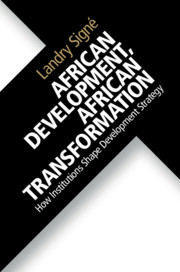
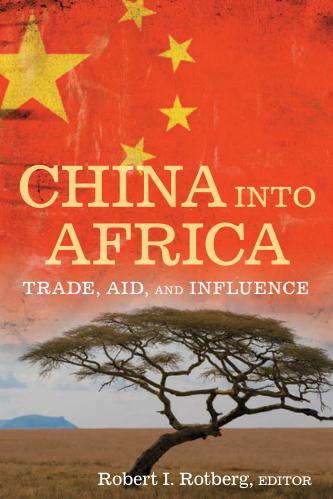
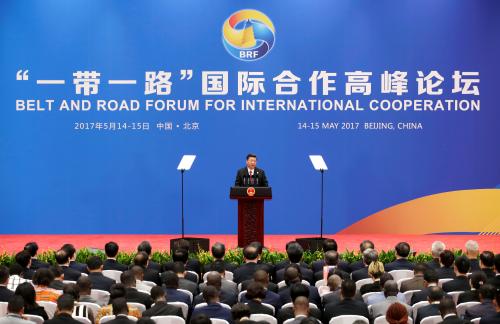
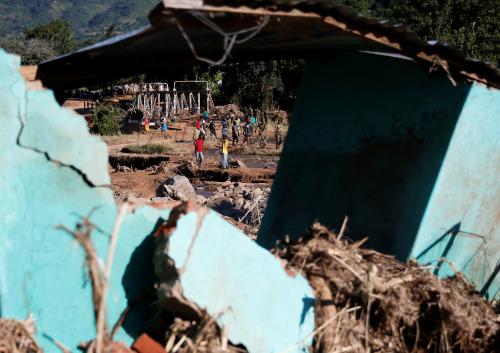
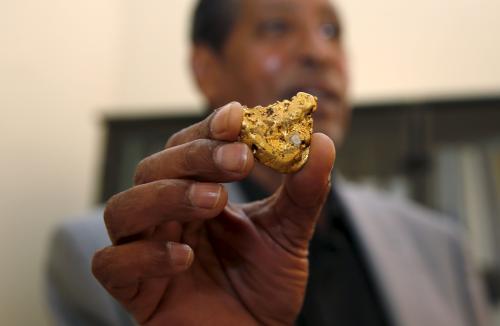




Commentary
Africa in the news: China hosts Belt and Road Forum, Angola and Guinea reconfigure state-owned oil companies, and weather disasters strike southern Africa again
April 27, 2019